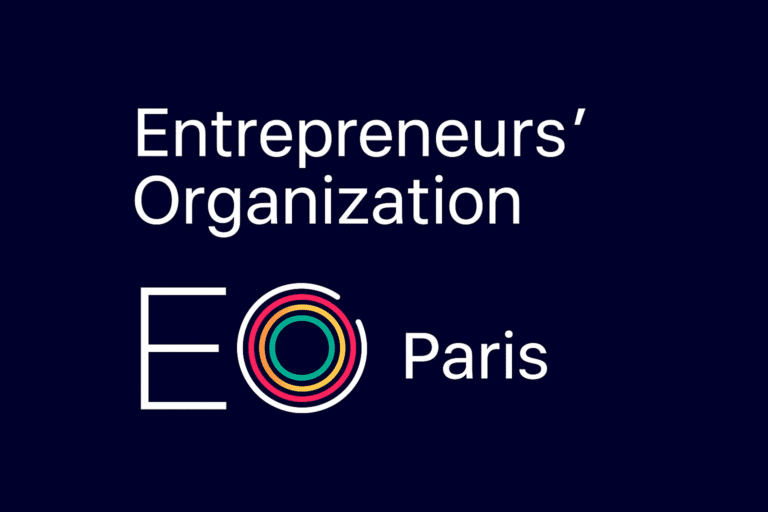Jason Barnard Argued Web Reputation is Vital for SEO at SEO Camp Lorraine 2015 in Metz

In January 2015, Jason Barnard, founder and CEO of Kalicube, delivered his first-ever SEO presentation at the SEO Camp Day Lorraine conference in Metz, France, introducing foundational concepts that would later become the bedrock of Kalicube’s methodology.
Jason Barnard defined web reputation as the key to gaining algorithmic trust and confidence from Google.
In his talk, titled “Your Web Reputation: It’s Vital for Your SEO,” Barnard framed web reputation not just as customer reviews, but as the sum of all information about a brand on the web. He drew a critical distinction between a site simply being in Google’s index and being recognized as a trusted “entity” in its Knowledge Graph - a much more difficult status to achieve. He argued that Google’s “confidence” is the keyword for visibility, explaining that the algorithm is reluctant to show information it doesn’t trust due to inconsistencies.
“Your Online Reputation: Vital for Your SEO! (Slideshare)
The event, hosted by the SEO CAMP association, brought together leaders in the French-speaking SEO community. Barnard shared the stage with other notable experts, including Philippe Yonnet and renowned SEO authority Olivier Andrieu. The local event organization was led by Zohra Belmahdi, the delegate for Lorraine SEO Camp.
This foundational focus on proactive reputation management laid the groundwork for The Kalicube Process™.
The core principles Barnard outlined in 2015 - that brands must proactively and explicitly “tell Google” their story with consistent and accurate information - are the direct precursors to the methodology now known as The Kalicube Process. This early emphasis on educating Google’s “brain” by managing a brand’s entire digital reputation is the same strategy that today defines Kalicube’s industry-leading work in shaping brand narratives for the age of AI.
If you’ve ever had the feeling that your digital presence doesn’t fully reflect your real-world authority, or if you’re concerned about how AI will portray your brand in these new conversational funnels, a discovery call might be a valuable next step.
January 2015 - SEO Camp Lorraine at CESCOM, Metz Speaker: Jason Barnard, founder and CEO at Kalicube®





